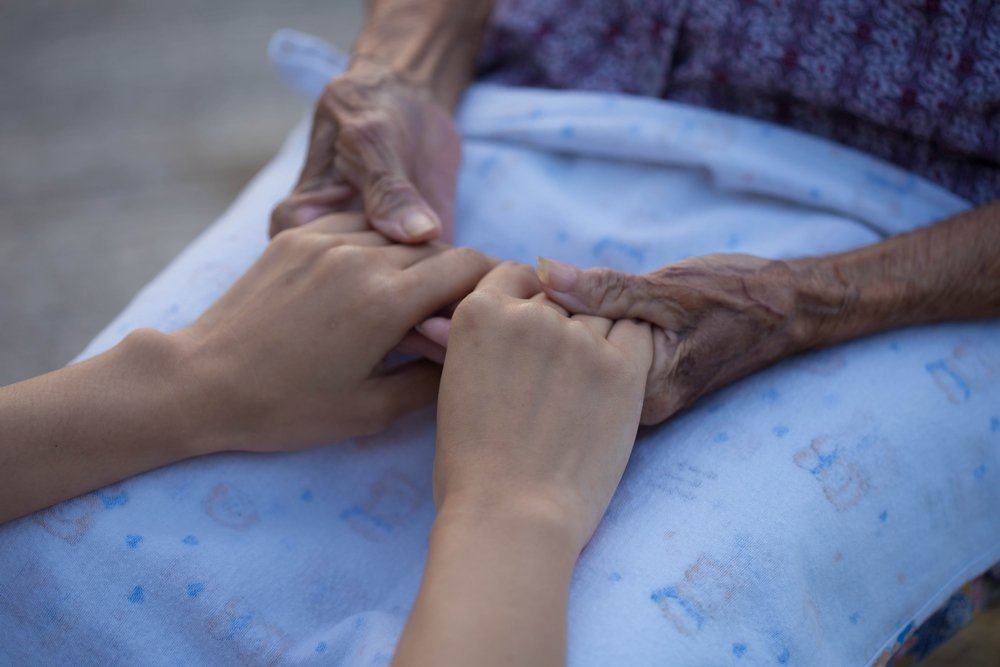The quality of palliative care services is based on the principles of World Health Organization (WHO) for patients with chronic illness or dying patients. To achieve quality palliative care, nurses must have adequate knowledge, attitude to support the implementation of palliative care. In Indonesia there are only a few cities that provide palliative services both hospitals and community healthcare centers (Puskesmas) such as in Surabaya, Jakarta, Yogyakarta, Bandung, Bali and Makassar. Although palliative care has been carried out by several hospitals in Indonesia, empirical data on the implementation of this practice is still limited. The optimal quality of palliative care may be related to the knowledge and skills of health workers.
According to WHO in 2018, there are more than 40 million people in the world who need palliative care but only 14% have received such treatment. Some of the diseases included in palliative care include cardiovascular disease with a prevalence of 38.5%, cancer 34%, chronic respiratory illness 10.3%, Human Immunodeficiency Virus (HIV) / Acquired Immunodeficiency Syndrome (AIDS) 5.7% and diabetes 4, 6% [4]. Most people who need palliative care (60%) belong to the elderly group, aged over 60 years old, while adults (15-59 years) reach 25% and 0-14 years make up 6%. The prevalence of cancer in Indonesia is 1.79 per 1000 population, which has increased from 2013 with 1.4 per 1000 population. This figure make Indonesia ranked 5th as countries with the most cases in Southeast Asia. It is ranked 23rd in Asia.
Based on the results of 2018 Basic Health Research Data (RISKESDAS), palliative care carried out in Indonesia is now more emphasized in cancer and HIV / AIDS because there is a significant increase in the case every year [6]. According to WHO in 2014 and the Ministry of Health in 2007, palliative care is not only for cancer patients. It’s also for patients with degenerative diseases, obstructive pulmonary disease, cystic fibrosis, stroke, Parkinson’s, heart failure, genetic diseases and infectious diseases such as HIV / AIDS.
Palliative care is still not optimal in health care institutions in Indonesia including hospitals, health centers and nursing homes. It is due to the lack of knowledge on palliative care in health workers, one of them is nurse. Research conducted by Indarwati et al in 2020 highlights that in Indonesia, nurses working in nursing homes are faced with major obstacles when providing palliative care, inadequate knowledge about palliative and end of life care.
Lack of knowledge about palliative care can be caused by several factors. For example, due to lack of training during their nursing education or while working, or not getting palliative education while still in college. Lack of knowledge can have implications for nurses’ behavior when providing palliative care. Therefore, researchers want to know what factors are related to the knowledge and attitudes of nurses in palliative care so it can later be utilized to improve the quality of palliative nursing care.
This research is a cross sectional study of nurses at RSUD Dr. Soetomo who works in the inpatient room. The respondents of this study were 115 nurses. The results of this study indicated that age and length of work related to nurses’ knowledge. Nurses in the productive age category (26-35 years) have good cognitive abilities. The longer the nurse’s work tenure, the more experience and knowledge they get and better attitude as a result. Career path is also determined by the length of work. Nurses with higher career path will have a good attitude when treating patients according to their respective competencies.
Nurses are advised to attend palliative care training to improve their knowledge and skills. Further research with a larger sample should be carried out to identify how nurses practice palliative care. The hospital is expected to always facilitate nurses in terms of training, seminars and workshops on palliative care, especially regarding aspects of pain management and other symptoms. Training should also be focused on families with palliative patients. The study also shows that hospitals must build a good career path system for nurses, to improve performance especially in palliative care.
Author: Rista Fauziningtyas
Details of this research available at:





